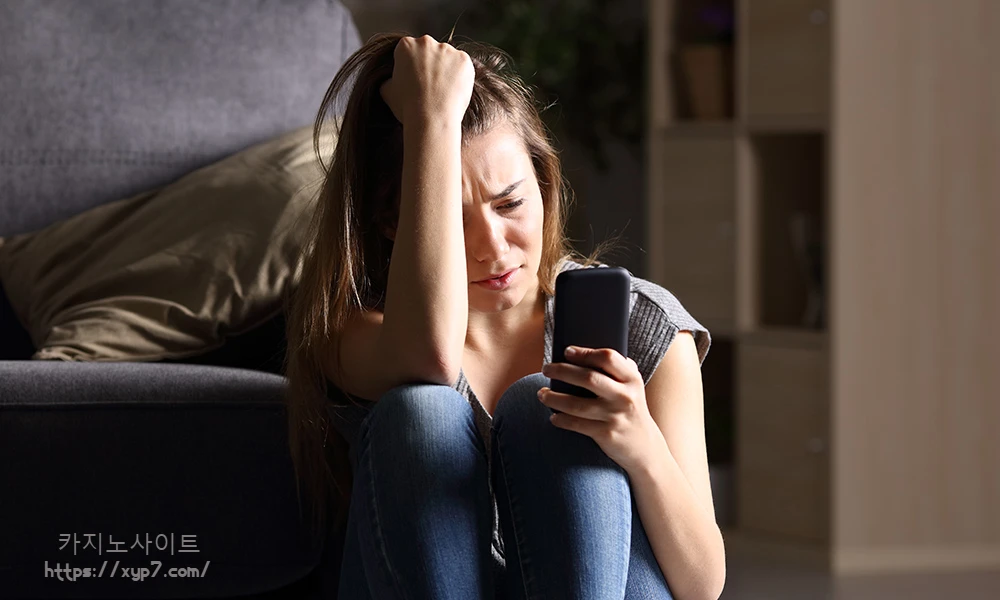It’s Unhealthy to Share Your Personal Issues on Social Media… But is It?
The majority of our lives are significantly influenced by social media. There is no way for us to avoid its effects. We have the fantastic chance to share actual experiences with friends, family, and followers on Facebook, Instagram, Twitter, and Snapchat. Unfortunately, the term “real” has lost a lot of its meaning in the social media era, with the majority of Instagram models revealing their lives via idealized lenses. While I think it’s critical that we start being open and honest with one another online, I will argue that disclosing individual issues with mental health actually serves no useful purpose. because it causes great harm to those who are struggling with a problem. The harm that could befall someone with a mental condition is significant, thus it is imperative that we put their needs first.
One must understand that they are sharing information on Facebook with friends, not therapists, when they do so.
Why do I believe that posting your troubles online is so risky? We must first think about with whom we are sharing this information. One must understand that they are sharing information on Facebook with friends, not therapists, when they do so. Only experts understand how to manage matters of this gravity, thus starting to seek counsel from someone who is not a medical professional can be quite risky. You wouldn’t ask your grandmother to assist the surgeon on the operating table if you needed brain surgery. 9 Reasons People Laugh About Your Technology
You wouldn’t ask Tom, the person you met during freshmen orientation, to give you a lecture if you wanted a degree. You wouldn’t ask Sally, the girl you met while on a gap year, to clean your teeth if you required a dentist, would you? Here, the same idea ought to be true. No matter how kind Tom, Sally, or your grandmother may be, they lack the necessary skills to assist you if you have a mental health issue. Speak with a professional rather than one of your online pals.
The danger with sharing your sadness and issues online is the addiction with the attention you’ll get.
— Gep Macadaeg (@gepmacadaeg) March 5, 2017
It won’t solve your problems at all.
Second, I think you should carefully examine the effects posting private information about your mental health online will have on your real-life relationships. Many people do not consistently link their online and offline selves, and this is quite damaging. Do you really want to share your troubles with complete strangers you meet on the street? Would you talk to the friend of your mother that you’ve just met a few times at dinner about your depression? Since you don’t know every single one of your “Facebook friends,” that is practically the same as posting it on Facebook.
You have a right to privacy, and not everyone with whom you have ever engaged must be aware of your struggles. We only feel the effects later, which is the only reason we believe it is acceptable to reveal such sensitive material online. But that doesn’t negate the fact that there are actual repercussions. Just like you wouldn’t want them to rule your life offline, do not let your mental health issues define who you are online. Don’t let social media immediately violate your right to privacy!
The terms that are typically linked with the subject of social media and mental health are always negative.
You’re oversharing by posting your entire life narrative on Twitter, people are saying.
“You’re simply looking for attention.”
“Obviously, if you keep like and reading depressing posts, you’re going to be depressed!”
You’ll become depressed if you continuously posting things, it is said.
We’re here to demonstrate how using social media may be good for your mental health. Personally, I’ve found Twitter to be a haven of safety. It has resembled a journal in which I can record my ideas and feelings in order to put things into perspective. As a result of being able to release everything, I feel much better overall. 카지노사이트
Twitter in general has sparked a great deal of social movements and mental health awareness campaigns, like the #MeToo movement, and enabled a rise in many other campaigns. All of this is meant to demonstrate that social media isn’t actually that horrible. Social media does, of course, have some negative aspects, such as the incessant want for acceptance and the likes addiction. However, for those who deal with mental health issues, it can be a place where they are free to discuss whatever they want without fear of judgment or stigma. Social media can help you meet people, create bonds, speak openly, ask for assistance, and make you feel less alone.
Read: How Social Media Affects Mental Health by Causing Withdrawal

